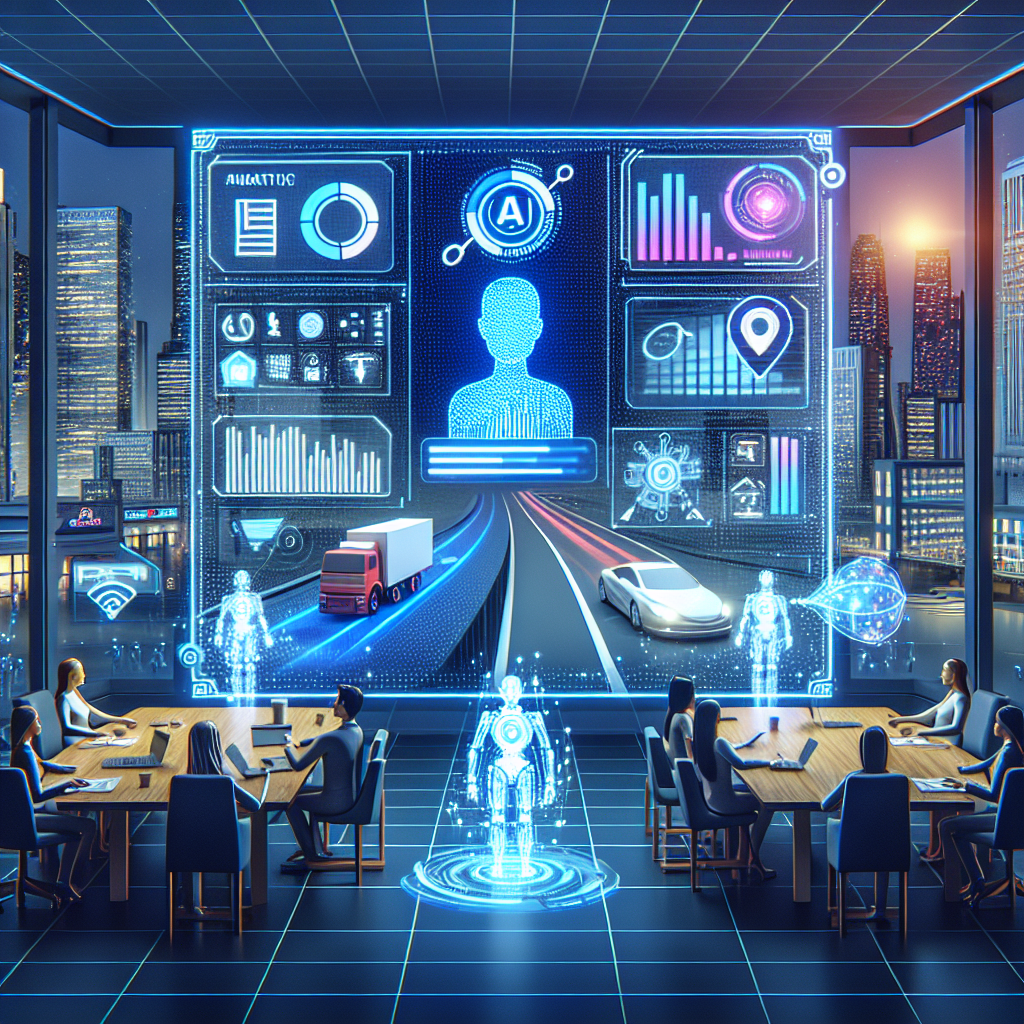Artificial Intelligence (AI) is revolutionizing the way companies interact with their customers, particularly in the realm of customer service. By leveraging AI technologies such as chatbots, natural language processing, and machine learning, companies are able to provide faster, more personalized, and more efficient customer service interactions. In this article, we will explore how AI is transforming customer service interactions through case studies and examples from leading companies.
Case Studies and Examples
1. Amazon: One of the most well-known examples of AI transforming customer service interactions is Amazon’s extensive use of AI-powered chatbots. Amazon’s chatbots are able to handle a wide range of customer inquiries, from tracking orders to providing product recommendations. By using AI, Amazon is able to provide 24/7 customer support to its millions of customers around the world.
2. Starbucks: Starbucks has implemented AI-powered chatbots in its mobile app to help customers place orders, find store locations, and get answers to common questions. The chatbot is able to understand natural language queries and provide personalized responses based on the user’s order history and preferences. This has helped Starbucks improve customer satisfaction and reduce wait times in its stores.
3. Delta Airlines: Delta Airlines has implemented AI-powered virtual assistants on its website and mobile app to assist customers with booking flights, checking flight status, and managing their reservations. The virtual assistants are able to handle complex queries and provide real-time updates, reducing the need for customers to wait on hold for a customer service agent.
4. Bank of America: Bank of America has implemented an AI-powered virtual assistant named Erica to help customers manage their finances. Erica is able to provide personalized financial advice, track spending habits, and help customers set savings goals. By using AI, Bank of America is able to provide a more proactive and personalized customer service experience.
5. Sephora: Sephora has implemented AI-powered chatbots on its website and mobile app to help customers find the right beauty products for their needs. The chatbots are able to ask customers a series of questions to understand their preferences and then provide personalized product recommendations. This has helped Sephora improve customer engagement and increase sales.
FAQs
Q: How does AI improve customer service interactions?
A: AI improves customer service interactions by providing faster response times, personalized recommendations, and 24/7 support. AI-powered chatbots are able to handle a wide range of customer inquiries and provide real-time updates, reducing the need for customers to wait on hold for a customer service agent.
Q: Will AI replace human customer service agents?
A: While AI is able to handle many routine customer inquiries, human customer service agents are still needed for more complex queries and to provide a human touch. AI is best used as a tool to assist human agents and improve the overall customer service experience.
Q: Is AI secure for handling customer data?
A: Companies that implement AI for customer service interactions must ensure that customer data is handled securely and in compliance with data protection regulations. It is important to implement robust security measures to protect customer data from unauthorized access or misuse.
In conclusion, AI is transforming customer service interactions by providing faster, more personalized, and more efficient support to customers. Leading companies such as Amazon, Starbucks, Delta Airlines, Bank of America, and Sephora have successfully implemented AI-powered chatbots and virtual assistants to improve customer satisfaction and engagement. As AI technologies continue to evolve, we can expect to see even more innovative applications in the field of customer service.

